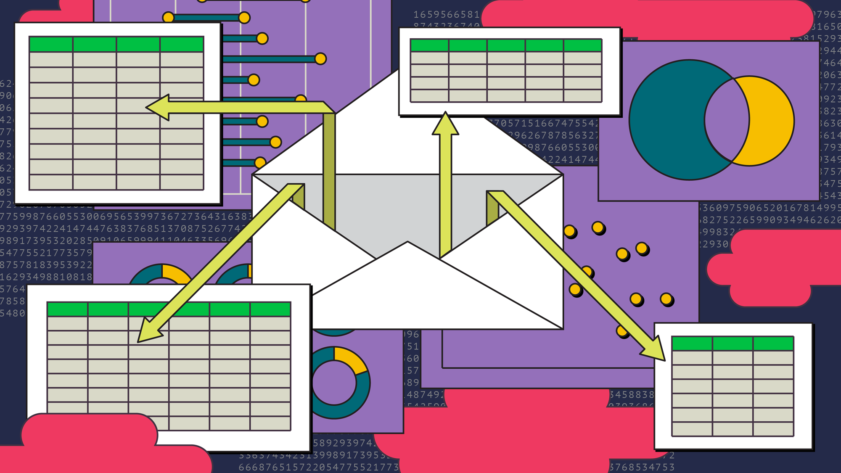Data Is Plural is a weekly newsletter of useful/curious datasets. This edition, dated June 29, 2022, has been republished with permission of the author.
State abortion laws. The Guttmacher Institute, a “research and policy organization committed to advancing sexual and reproductive health and rights,” maintains a table summarizing each U.S. state’s abortion laws. It examines key aspects of the legal landscape—such as gestational age limits, mandated counseling, and whether an abortion must be performed by a licensed physician—and links to topic-specific tables with additional detail. A separate table categorizes, as of June 1, the policy implications in each state of overturning Roe v. Wade. Previously: Guttmacher’s state-level statistics on pregnancy, birth, and abortion (DIP 2020.10.28) and Global Abortion Incidence Dataset (DIP 2021.04.14), the World Health Organization’s Global Abortion Policies Database (DIP 2021.10.13), and Caitlin Knowles Myers’s dataset of abortion facility distances (DIP 2022.02.02).
Diaspora voting policies. If you don’t live in your country of citizenship, can you still vote there? Nathan Allen et al.’s Extraterritorial Voting Rights and Restrictions Dataset examines 20-plus characteristics of 195 countries’ policies from 1950 to 2020. The dataset’s variables relate to dual citizenship, voter registration, mail-in ballots, and more. Read more: An introductory Twitter thread from coauthor Elizabeth Iams Wellman. [h/t Rabbia Tariq]
Automated driving crashes. Last June, the National Highway Traffic Safety Administration issued a directive requiring manufacturers and fleet operators to report certain crashes involving either advanced driver assistance or higher-level “automated driving systems.” Earlier this month, the agency published its first release of crash report data, which it says “will be updated on a monthly basis.” The files describe each report and include information about the car, location, circumstances, and injury level. [h/t Faiz Siddiqui et al.]
Bay Area rents. In 2018, economist Kate Pennington used the Wayback Machine to collect data on two decades of Craigslist posts advertising housing in the San Francisco Bay Area. The results span 200,000-plus listings between 2000 and 2018, from which Pennington extracted each post’s date, price, bedroom count, location, and more. Previously: Twentieth-century San Francisco rents from the city’s Housing Study DataBook and transcribed from newspaper listings (DIP 2016.05.25). [h/t Alex Albright]
Dendrochronology. The Vernacular Architecture Group’s Dendrochronology Database “provides the tree-ring dates for over 4500 buildings in the United Kingdom, ranging from cathedrals to cottages and barns.” Each entry lists a date range, dating method, location, building type, and descriptive notes.
Notice: Unlike most of our content, this edition of Data Is Plural by Jeremy Singer-Vine is not available for republication under a Creative Commons license.




